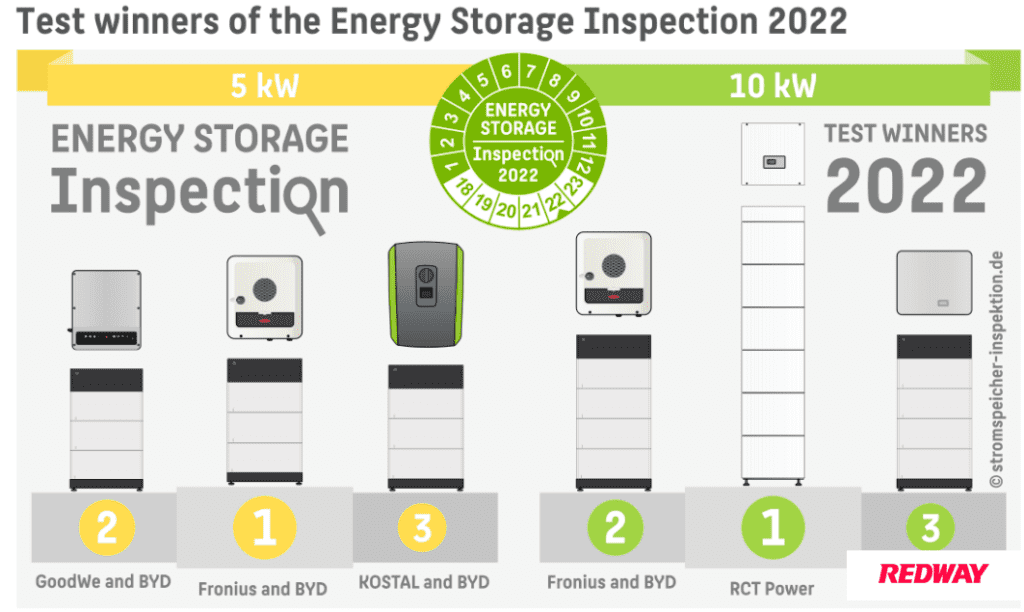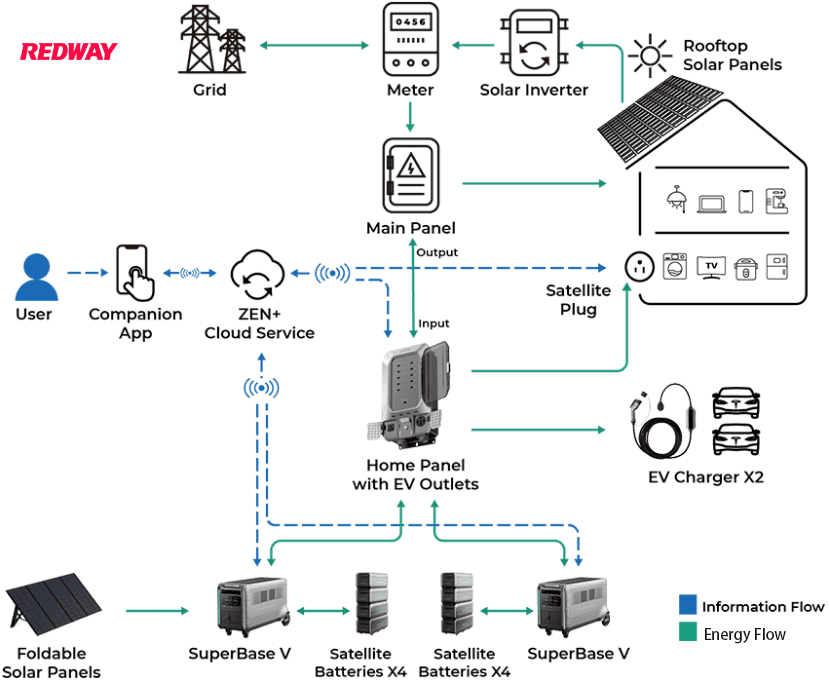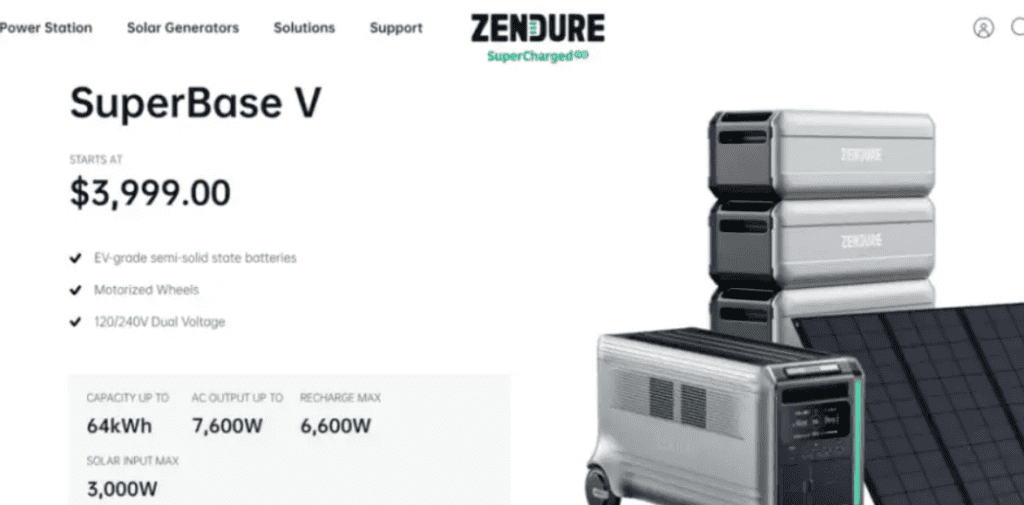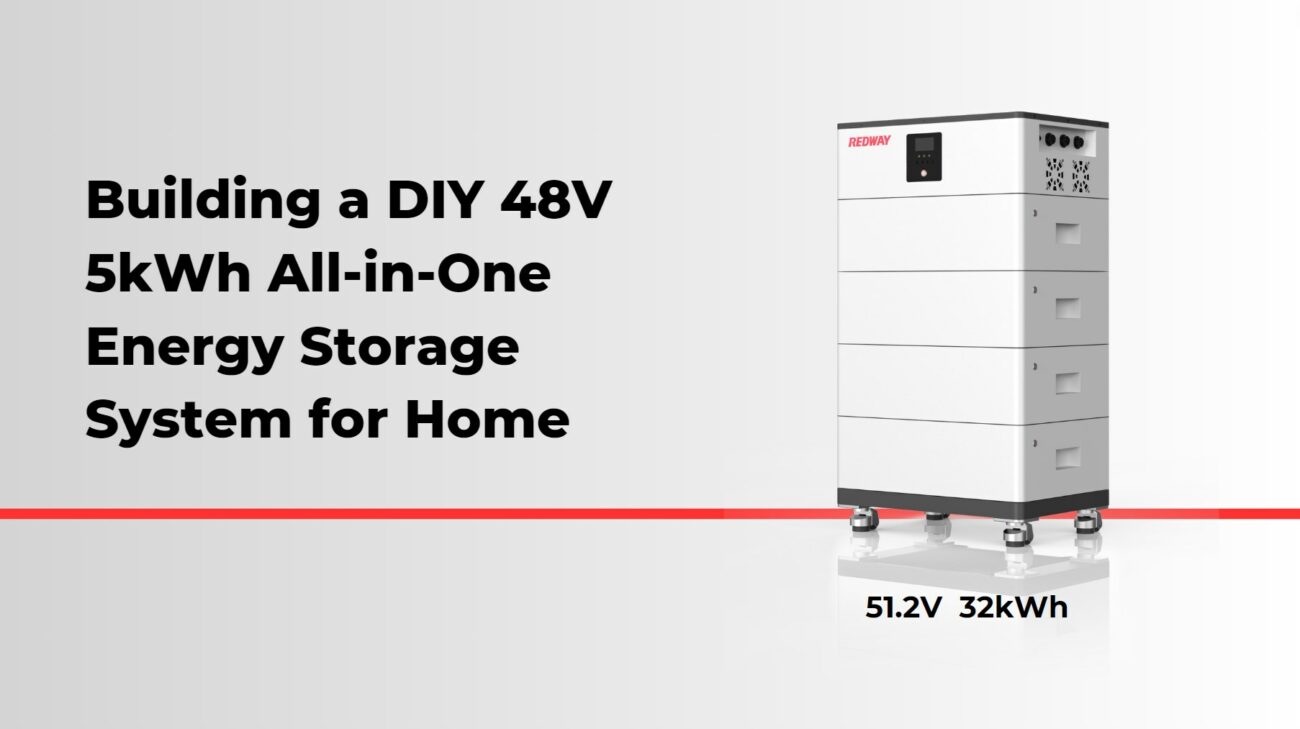The UK home energy storage (ESS) photovoltaic market is rapidly evolving, driven by technological advancements, government incentives, and increasing consumer demand for sustainable energy solutions. This growth is essential for achieving net-zero carbon emissions by 2050, making ESS a key component of the UK’s energy transition.
How is the UK home energy storage market evolving?
The UK home energy storage market is witnessing significant growth as homeowners seek more control over their energy usage and costs. The shift from traditional solar coupling—where batteries were installed alongside photovoltaic systems—to standalone battery systems reflects a broader trend towards maximizing energy efficiency. This evolution is supported by a surge in consumer interest, driven by rising electricity prices and the desire for greater energy independence.
Chart: Growth of Home Energy Storage Market in the UK
| Year | Number of Installations | Market Value (£ Million) |
|---|---|---|
| 2020 | 5,000 | 30 |
| 2021 | 15,000 | 90 |
| 2022 | 35,000 | 200 |
| 2023 | 70,000 | 400 |
What technological advancements are driving the adoption of home energy storage systems?
Recent technological advancements in lithium-ion batteries have significantly enhanced their performance, making them more efficient and cost-effective. Innovations include increased storage capacities, longer lifespans, and integration with smart home technologies that optimize energy management. These improvements empower consumers to store excess energy generated during off-peak hours, leading to substantial savings on electricity bills.
Chart: Key Technological Improvements in Lithium-Ion Batteries
| Feature | Previous Generation | Current Generation |
|---|---|---|
| Energy Density (Wh/kg) | 150 | 250 |
| Lifespan (Cycles) | 500 | 1,500 |
| Charge Time (Hours) | 8 | 4 |
What environmental benefits do home energy storage systems provide?
Home energy storage systems play a crucial role in reducing carbon footprints by facilitating the use of renewable energy sources like solar and wind. By storing excess renewable energy for later use, these systems decrease reliance on fossil fuels and contribute to lowering greenhouse gas emissions. Furthermore, they enhance grid stability by reducing peak demand pressures.
How are government incentives influencing the home energy storage market?
The UK government has implemented several incentives to promote the adoption of home energy storage systems. Notably, the removal of VAT on battery installations starting February 2024 aims to make these technologies more accessible. Additionally, various grants and funding opportunities encourage homeowners to invest in sustainable technologies, driving further growth in this sector.
What are the financial implications of integrating home energy storage systems?
Integrating home energy storage systems can lead to significant financial benefits for homeowners. By storing electricity during off-peak hours when rates are lower, users can reduce their overall electricity costs. Estimates suggest that households could save up to £2,120 annually through effective use of these systems. Moreover, as installation costs decrease due to technological advancements and government incentives, more consumers can afford these solutions.
How does the shift from solar coupling to battery-first models impact consumers?
The trend towards battery-first models allows consumers who may not have space for rooftop solar panels—such as those living in high-rise apartments—to still benefit from time-of-use electricity pricing. This shift enables users to charge their batteries during off-peak periods and utilize stored power during peak times, enhancing affordability and accessibility.
What are the potential future trends for home energy storage in the UK?
Looking ahead, several trends are likely to shape the home energy storage landscape:
- Increased integration with electric vehicles (EVs) as charging stations.
- Greater emphasis on smart grid technologies that facilitate real-time energy management.
- Expansion of community-based battery sharing programs.
- Enhanced focus on sustainability through improved recycling processes for old batteries.
Why is there a push for mandatory solar power and battery storage in new homes?
There is growing support among policymakers for mandating solar power and battery storage in new residential constructions. A recent survey indicated that 79% of MPs favor such regulations due to their potential environmental benefits and cost savings for homeowners. Implementing these measures could significantly reduce household carbon emissions while promoting a sustainable future.
Latest News
Recent discussions among UK MPs about mandatory solar panel installations on new homes have gained traction, with many advocating for compulsory battery storage as well. This initiative aligns with broader goals to enhance sustainability within housing developments while addressing rising energy costs faced by homeowners.
Editor Comment
“The momentum behind integrating solar power and battery storage into new homes represents a pivotal shift towards sustainable living in the UK. By mandating these technologies, we not only reduce carbon footprints but also empower homeowners with greater control over their energy consumption.”












